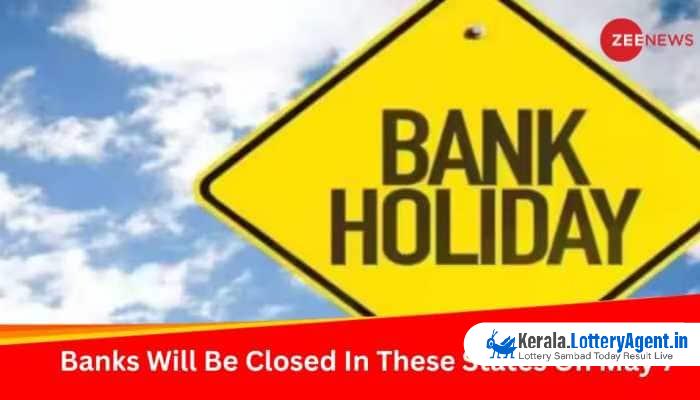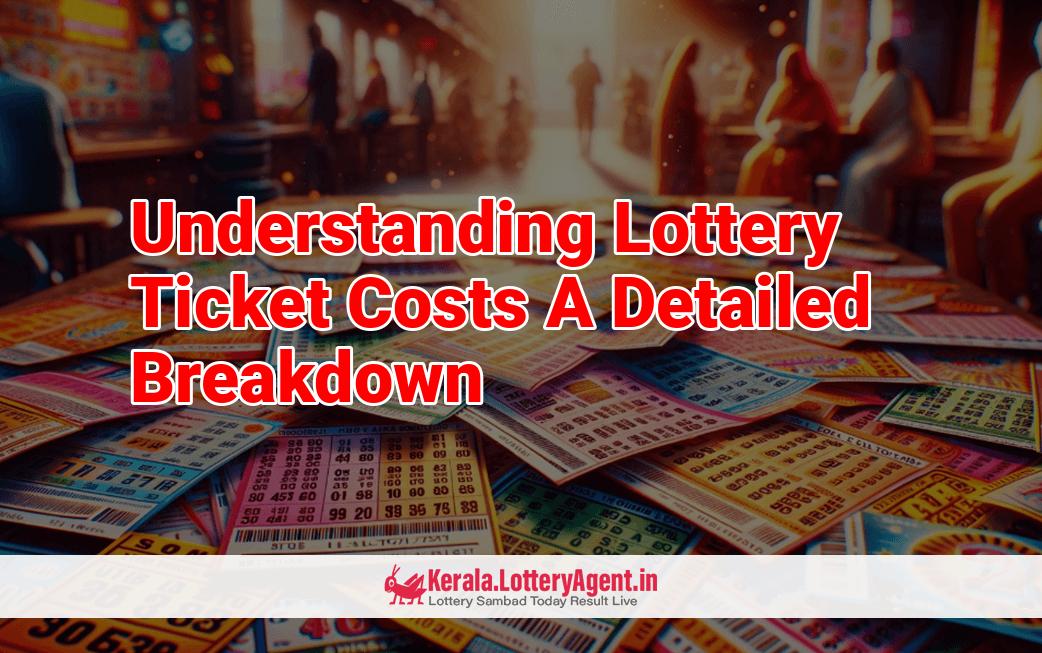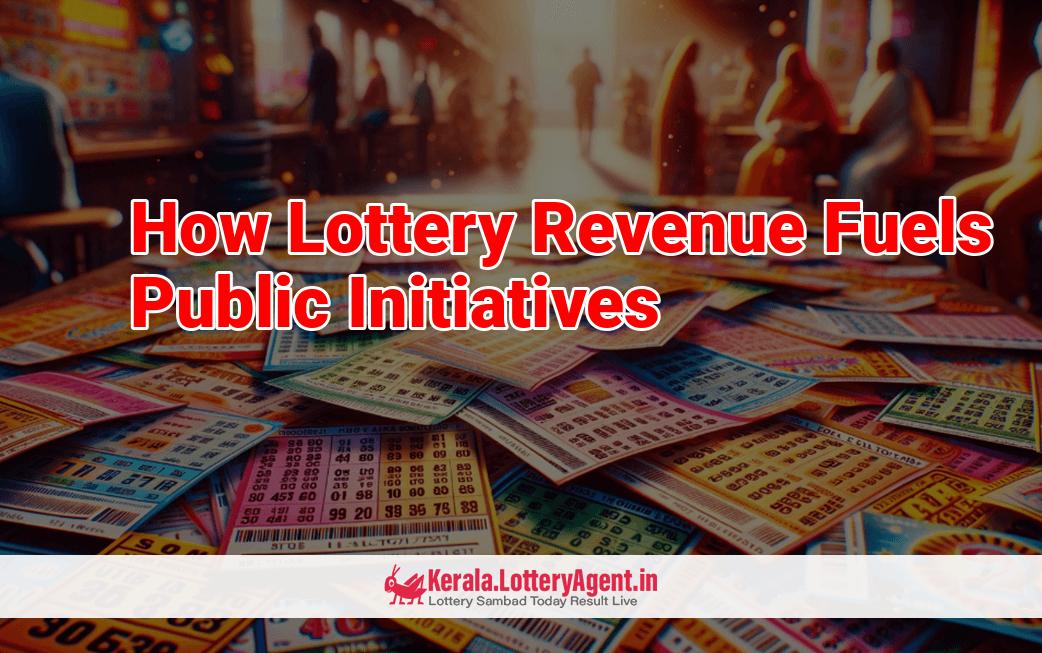
New Delhi: As India progresses through its monumental democratic exercise, the General Elections for the Lok Sabha, banking operations in several states will experience a pause on May 7, 2024. The polls for the 2024 Lok Sabha elections, which commenced on April 19, are being conducted meticulously over seven phases. Following the conclusion of the initial two phases, the third phase is poised to unfold starting May 7, encompassing voting for 95 Lok Sabha seats across 12 states and Union Territories.
The pivotal third phase of the Lok Sabha Elections 2024 ensures the operations of numerous banks throughout India will come to a standstill on May 7, in observance of the Election Day. Financial institutions in multiple regions will close doors to facilitate the smooth conduct of polling, an essential process that engages the nation’s electorate in choosing their representatives.
Outlined below are the states and cities that will witness a bank holiday on May 7, coinciding with the third phase of polling:
In the north-eastern state of Assam, the constituencies of Dhubri, Kokrajhar, Barpeta, and Gauhati prepare for a holiday, a pause from daily business as they step into polling booths. Similarly, the southern state of Karnataka’s numerous locales including Bagalkot, Bijapur, Gulbarga, Raichur, Bidar, Koppal, Bellary, Haveri, Dharwad, Uttara Kannada, Chikkodi, Belgaum, Davangere, and Shimoga will observe a banking cessation, becoming zones of democratic engagement rather than financial transaction.
Moving towards central India, Chhattisgarh’s districts such as Raigarh, Janjgir-Champa, Korba, Bilaspur, Sarguja, Durg, and Raipur will switch their focus from commerce to the ballot. As the serene shores of Goa enter the electoral fray, both South Goa and North Goa will bid a temporary farewell to banking routines.
Adding to the list, in the cultural hub of West Bengal, bank operations will pause across Maldaha Uttar, Maldaha Dakshin, Jangipur, and Murshidabad. The heart of India, Madhya Pradesh, will too, mark a halt in banking operations within Morena, Bhind, Gwalior, Guna, Sagar, Vidisha, Bhopal, Rajgarh, and Betul.
The populous northern state of Uttar Pradesh will see a bank holiday in constituencies such as Agra, Fatehpur Sikri, Firozabad, Mainpuri, Etah, Budaun, Aonla, Bareilly, Sambhal, and Hathras. Continuing westward, Maharashtra’s Solapur, Madha, Sangli, Ratnagiri-Sindhudurg, Kolhapur, Hatkanangle, Baramati, Raigad, Dharashiv, and Latur engage in the solemnity of their electoral duties, with business transactions taking a back seat.
In the eastern state of Bihar, areas like Supaul, Araria, Madhepura, Khagaria, and Jhanjharpur will simmer down economically, as political fervor takes precedence. Extending the pattern to the western corridor, the Union Territories of Dadra and Nagar Haveli and Daman and Diu gear up for elections, affecting local banking. Additionally, in the industrious state of Gujarat, towns like Rajkot, Porbandar, Jamnagar, Junagadh, Amreli, Bhavnagar, Anand, Kheda, Panchmahal, Dahod, Vadodara, Chhota Udaipur, Bharuch, Bardoli, Navsari, Valsad, Kachchh, Banaskantha, Patan, Mahesana, Sabarkantha, Gandhinagar, and the constituencies of Ahmedabad East and West enter a bank holiday mode on election day.
In the age of digital financial services, the temporary closure of physical banking establishments is compensated by the uninterrupted availability of online banking services. Customers across the board are assured that all bank holidays and weekends will not affect the virtual continuity of financial operations. Banking tasks such as fund transfers, bill payments, account management and more, can be effortlessly conducted through banks’ internet portals or mobile applications. Furthermore, individuals requiring immediate transactions can avail themselves of the widespread network of Automated Teller Machines (ATMs), ensuring cash access remains unimpeded during the election period.
As the nation hones in on the pivotal task of choosing its legislative body, the financial landscape gently yields, embracing the democratic process and the collective resolve to forge the nation’s path ahead.













